News & Stories
See the latest news about CMT drug development and read stories from the CMT community that highlight why we must deliver treatments and cures during our lifetime.
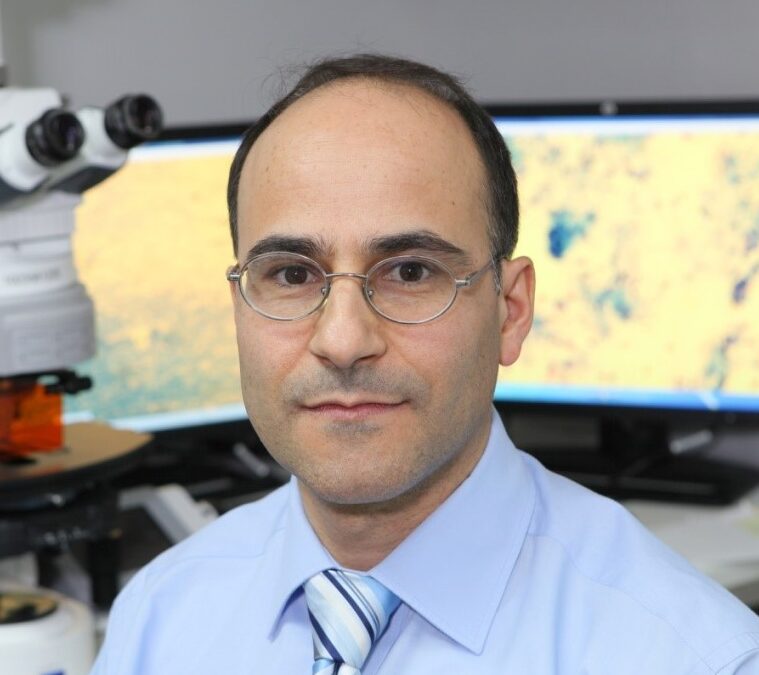
Additional Funding Announced for Promising Gene Silencing Approach to Treat CMT1A
After demonstrating tremendous progress, the CMT Research Foundation’s Scientific Advisory Board has decided to extend funding for a research project led by Dr. Kleopas Kleopa for six more months. If successful, this project could lead to the first genetic therapy for CMT1A. Read more.
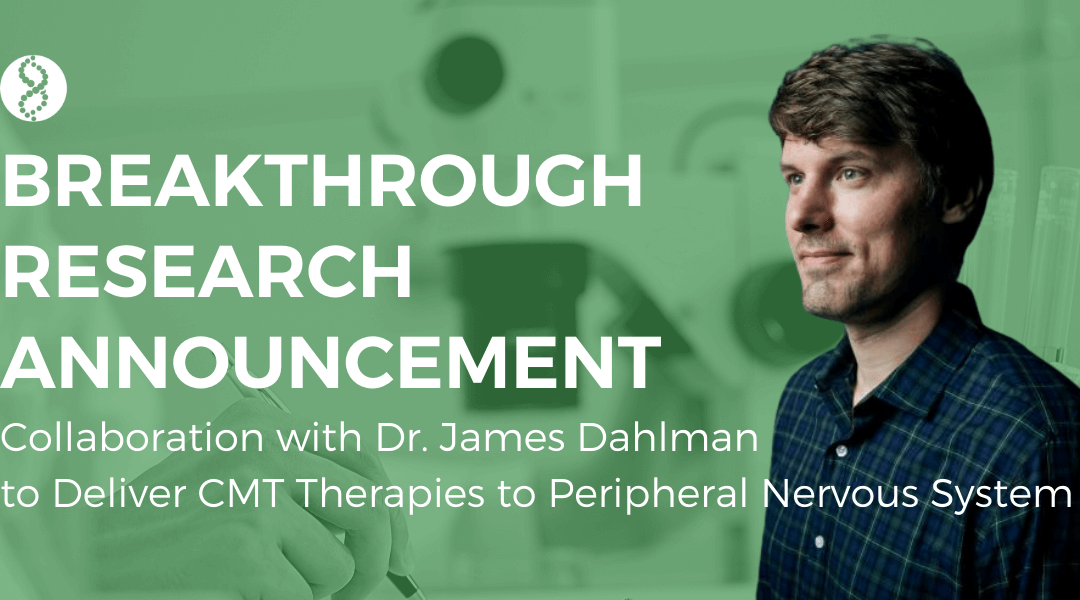
CMT Research Foundation Launches Groundbreaking Research to Overcome Barriers to Delivering CMT Therapies to the Peripheral Nervous System
The CMT Research Foundation has launched a groundbreaking new research collaboration today with James Dahlman, Ph.D., assistant professor in the Wallace H. Coulter Department of Biomedical Engineering at the Georgia Institute of Technology and Emory School of Medicine. This innovative partnership seeks to overcome the challenges in CMT drug delivery by using lipid nanoparticles (LNPs) to deliver therapies to the PNS that could slow, stop or even reverse the effects of CMT in patients.
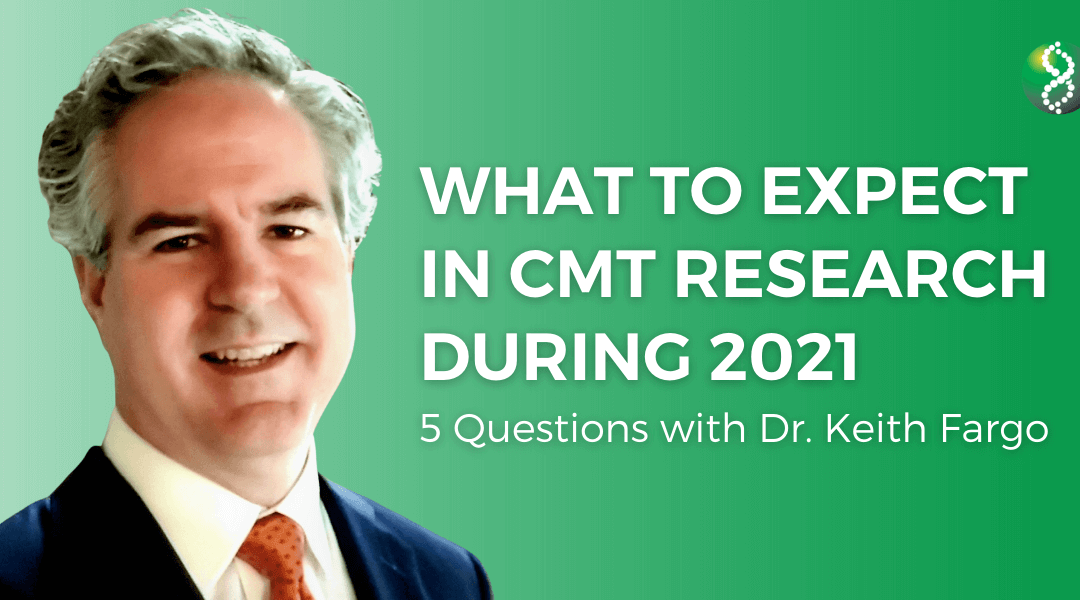
What to Expect in CMT Research During 2021: 5 Questions with Chief Scientific Officer Keith Fargo
What progress can patients and families expect to see in CMT research during 2021? What is the most promising research on the horizon? The CMT Research Foundation’s Chief Scientific Officer Keith Fargo, Ph.D., sat down with us to answer your most pressing questions about CMT research in the year ahead.
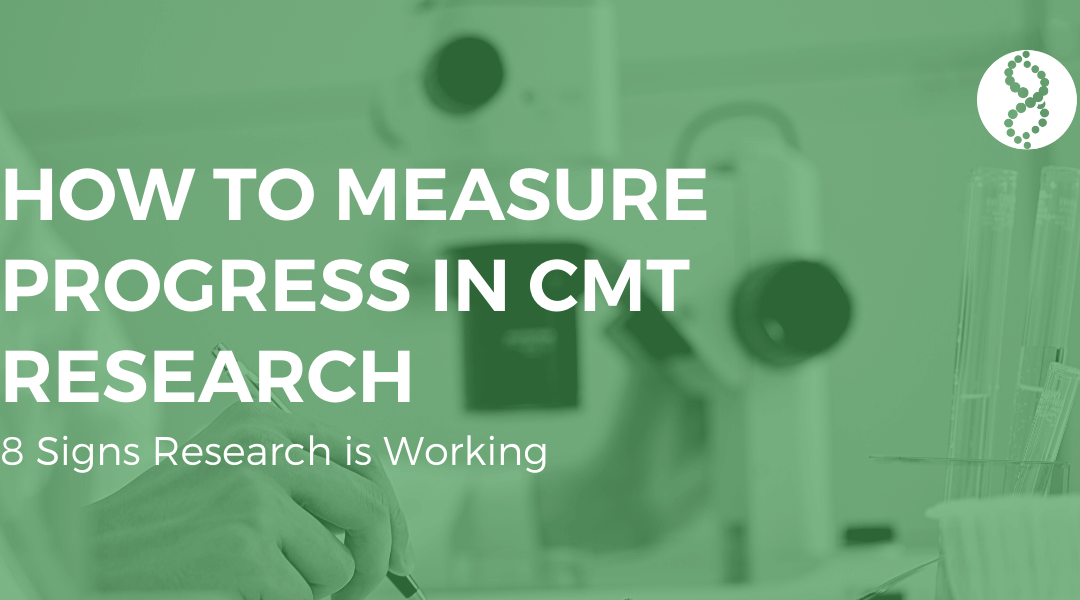
How to Measure Progress in CMT Research: 8 Signs Research is Working
It costs more than $2.6 billion to develop an approved prescription medicine and typically takes between 10 to 15 years to get a drug to clinical trials. With no treatments or cures currently available for diseases like CMT, it’s easy to question how donations to support scientific research make a difference. These 8 signs let you know when research is working.
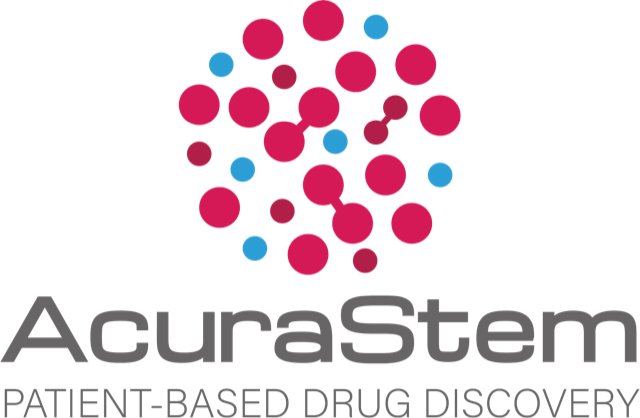
AcuraStem Scientists Demonstrate Positive Early Results for CMT2A Treatment
The CMT Research Foundation is currently funding a research project led by AcuraStem aimed at producing effective treatments for CMT2A. Using stem cells derived from adult patients, AcuraStem scientists have tested thousands of compounds for their ability to promote...

CMT Research Foundation Project Shows Progress in a Gene Therapy Approach to Treat CMT1A
The CMT Research Foundation is currently funding a research project led by Dr. Kleopas Kleopa and his team at the Cyprus Institute of Neurology & Genetics to study a gene therapy approach to lower levels of PMP22, the gene that causes CMT1A. While no one can...

DTx Pharma Shows Continued Progress in Reducing PMP22 Levels in Animal Models of CMT1A
The CMT Research Foundation is currently funding a research project led by DTx Pharma to design genetic therapies for Charcot-Marie-Tooth disease (CMT). By attaching the genetic sequences to molecules called long chain fatty acids, they allow the therapies to target...

How We Get from Today to Approved CMT Treatments: An Interview with FDA Director Dr. Peter Marks
The CMT Research Foundation is asking and answering the most pressing questions patients have about the need for treatments and cures. In episode 3, CMT Research Foundation CEO Susan Ruediger interviews the FDA’s Dr. Peter Marks to discuss gene therapies as a potential treatment option for CMT, what the approval process looks like and how patients can expedite it.
Curcumin and CMT: What You Need to Know
“Should I be taking curcumin supplements or eating more turmeric?” Many people with Charcot-Marie-Tooth disease (CMT) have been asking this question after researchers recently published a paper about curcumin and CMT in the journal Free Radical Biology and Medicine. The CMT Research Foundation’s chief scientific officer explores the findings and what it means for people with CMT.
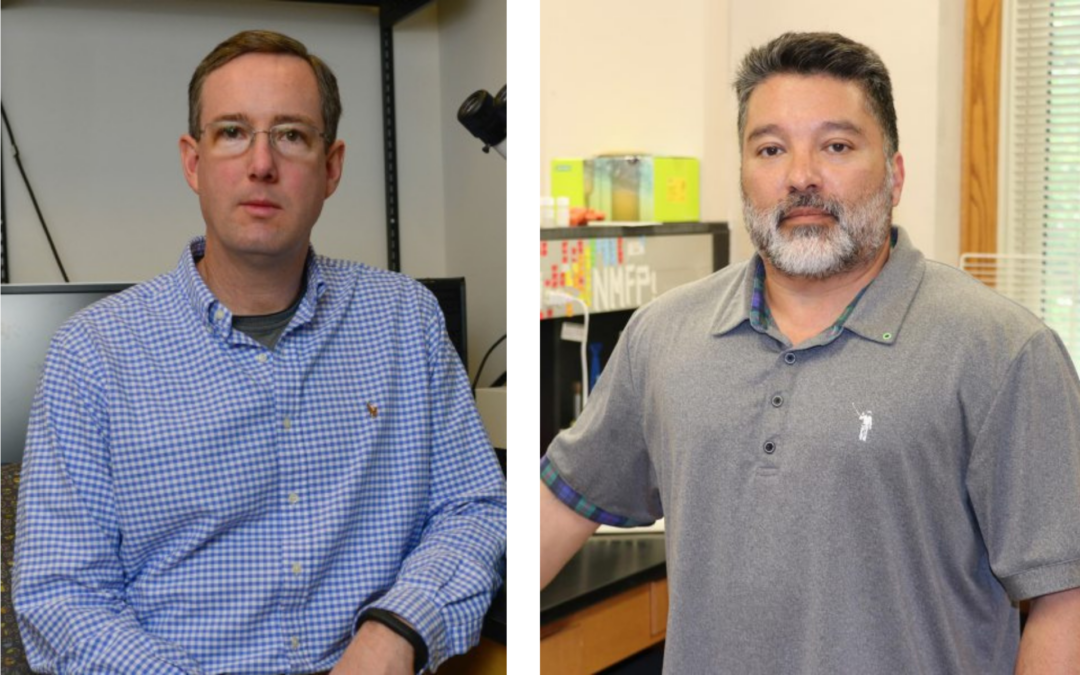
CMT Research Foundation Launches New Research Project to Design Precision Medicine Approach for Charcot-Marie-Tooth Disease
In this new CMT Research Foundation-funded project, Drs. Lorson and Garcia at the University of Missouri will develop and test a new gene therapy approach that will both silence the abnormal gene and simultaneously replace it with genetic material that will produce normal protein. The research team will test this approach in an animal model of CMT2E that is already well understood, making it suitable for this proof-of-concept project. If the approach is successful, it could potentially be used for other forms of CMT as well. In fact, it is possible this approach could be used for many CMT-causing mutations that require both silencing of a mutated gene and replacement with normal protein — whether the mutation is currently known or has yet to be discovered. The ability to silence and replace genes, regardless of the specific mutation, is what makes this a precision medicine approach.
Address
4062 Peachtree Road
Suite A209
Atlanta, GA 30319
Phone Number
404.806.7180
Media Inquiries
© 2024 CMT Research Foundation | Privacy Policy
